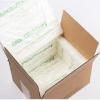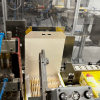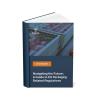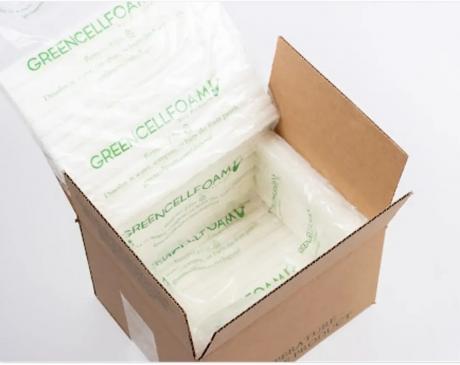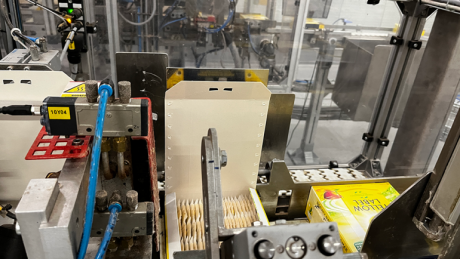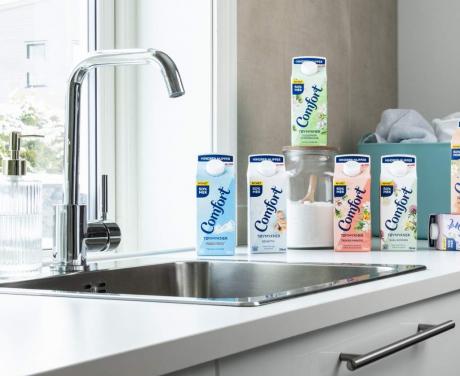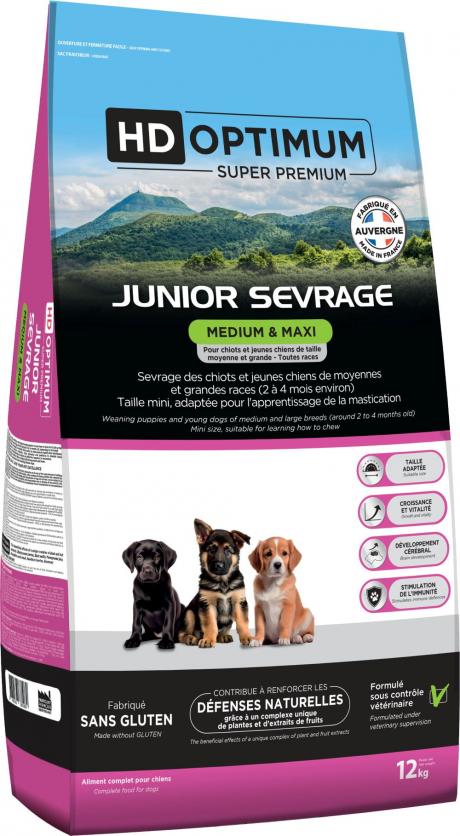Limiting the use of virgin raw materials, reducing weight and replacing lids with heat-sealed ones and microbubble pads with paper are just some of the innovations in fruit and vegetable packaging that Ilip has implemented to reduce the environmental impact of plastic.
This year too, the Bologna-based company has confirmed its participation in Rimini Macfrut, one of the most important international events dedicated to the fruit and vegetable industry, which will take place from 3 to 5 May. Ilip will present to the professional audience a wide range of packaging solutions for fruit and vegetables, both in traditional and recycled plastic, designed and developed to be even more sustainable in social, economic and environmental terms.
The company's latest innovations have been developed to further reduce the use of raw materials in packaging, to offer renewable materials in combination with plastic for those interested, and to offer new solutions to facilitate the logistics and storage of the more perishable and delicate fruit and vegetable products, such as berries and strawberries. These include the R-PET B40 punnet, in which the plastic microbubble pad has been replaced by a paper insert, and the R-PET B40 Air Wave protective punnet, whose rounded base absorbs shocks and eliminates the need for a pad in the base. For premium fruit packaging, Ilip also offers ezy:split, a hybrid punnet made of recycled PET and cardboard. The combination of the two materials reduces the plastic component by 40-45% and ensures extensive customisation options for the cardboard component. Another advantage of this packaging is that it is easy to recycle, as the two components can be completely separated.
Ilip has demonstrated that a correct recycling chain can improve the environmental profile of plastic packaging: the company's R-PET punnets are the result of the T2T R-PET project (an acronym for Tray to Tray in R-PET) and are made from the secondary raw material obtained from the recycling of PET and post-consumer R-PET bottles and trays. The company is a complete example of the closed loop system that underpins the circular economy, thanks to its membership of the Ilpa Group, which vertically integrates the entire R-PET supply chain and has an installed recycling capacity of 60,000 tonnes of post-consumer bottles and food containers, much of which is used by Ilip to produce new food packaging.
In addition to improving the sustainability of its packaging, Ilip has also invested in increasing the shelf life of its packaged fruit and vegetable products. The Life+ and Life+ Bioactive heat-sealable punnets, developed in collaboration with universities and research centres, have made plastic packaging "active", i.e. it now plays an antimicrobial and antioxidant role, extending the shelf life of packaged fresh fruit by up to 48 hours more than equivalent inactive packaging. In addition, heat sealing reduces the amount of raw materials needed to produce the packaging by up to 40%.
Ilip has always been aware of the important role that packaging plays in improving the sustainability of the agricultural food chain. From an ethical, social and economic point of view, protecting the integrity of food and ensuring optimal preservation conditions, such as proper transpiration, slows down natural deterioration processes and increases shelf life, thus increasing the possibility of consuming safe and healthy food and reducing food waste. Of course, there is also an economic benefit for businesses, which can improve their profitability. At the same time, the packaging must have mechanical properties that allow for the automation of packaging processes and logistics, without adding too much to the consumer price of the product. In this way, post-harvest processing time is reduced, which benefits both the efficiency of the chain and the quality of the product.


